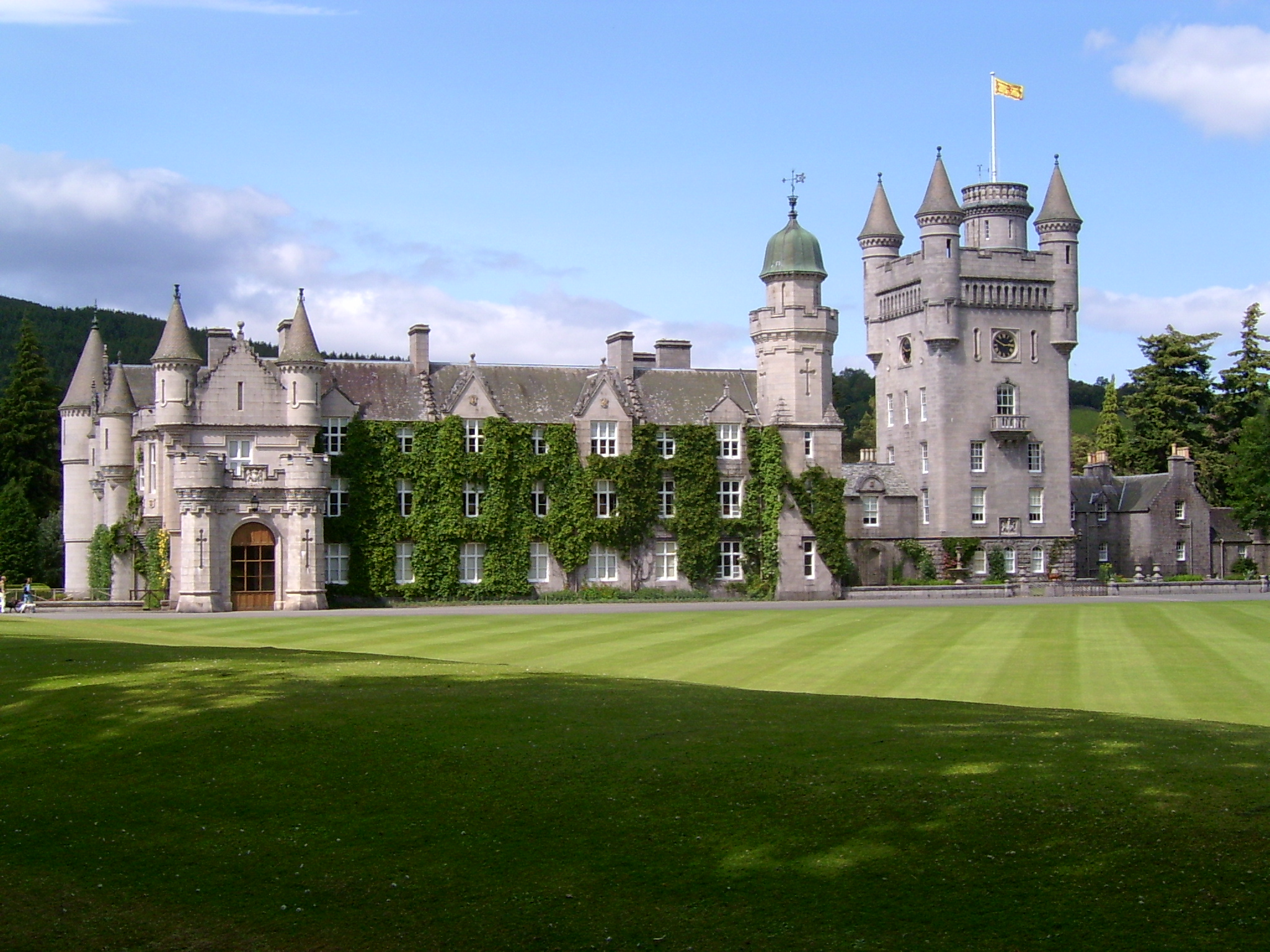My perspective on Jewish life, chinuch/parenting, psychology, social issues, health ...
Jul 2, 2013
Kings and Queens, Princes and Princesses - What do they have to do with us?
When Czar Nicholas II was overthrown in the Russian Revolution, a Chassid by the name of R' Dovid Horodoker was seen crying. Since life wasn't all that wonderful under the czar, he was asked why he was crying. He said, because now we've lost a mashal in Chassidic teaching."
It seems to me that the concept of a King is quite important regardless as to what teachings you want to convey, Chassidic or otherwise, because of its centrality in Jewish life. In our daily brachos we constantly refer to Hashem as "King of the universe." There is Avinu-Malkeinu. What does Hashem as a King mean to us who don't have a human king?
In America there is no king, no royal family, no palace, no ministers. What is a child who grows up without any concept of royalty whatsoever, to make of a mashal about a king? Why should this be meaningful to him?
If, as in some cases, the mashal can be told just as well about someone who is not a king, then it doesn't matter. But if you want to convey the majesty and omnipotence of a king, this has no counterpart in real life. And isn't that what a mashal is meant to be, an example taken from a person's daily life which he can readily relate to?
So if there is no royalty in our lives, meshalim that use it as the centerpiece are useless to us. Which is why I've been thinking about fairy tales. After reading one mashal about a king after another recently, it occurred to me that perhaps the hours I spent in my childhood reading fairy tales, were not all wasted after all.
For those who want to provide only Jewish stories in their homes, there are only a few R' Nachman of Breslov tales about royalty. I haven't looked through fairy tales recently, but I'm sure there are some (if not many) that can be safely read by frum children which will give them an idea of the glory of the royal palace. It might be an idea to go through the hundreds of fairy tales out there in order to pick those that align with our values. In this way, children growing up in today's day and age will have an inkling of what Malchus is about.

Perhaps reading history books, or Jewish historical fiction, would do the job better than stories, where most of the time there are some inappropriate elements. Many stories in the Talks and Tales, a booklet from Chabad for children that was produced for 48 years and was recently republished in full, speak about kings.
ReplyDeleteBut regardless how much we read about royalty, we will never truly grasp it. So we need a moshol for the moshol. Sorry, but I can't think of a precise one.
But part of the concept of a melech is kabolas ol, and the Lubavitcher Rebbe chose the moshol of army discipline to a commander-in-chief, etc., to imbue kabolas ol in our times. So that's something.